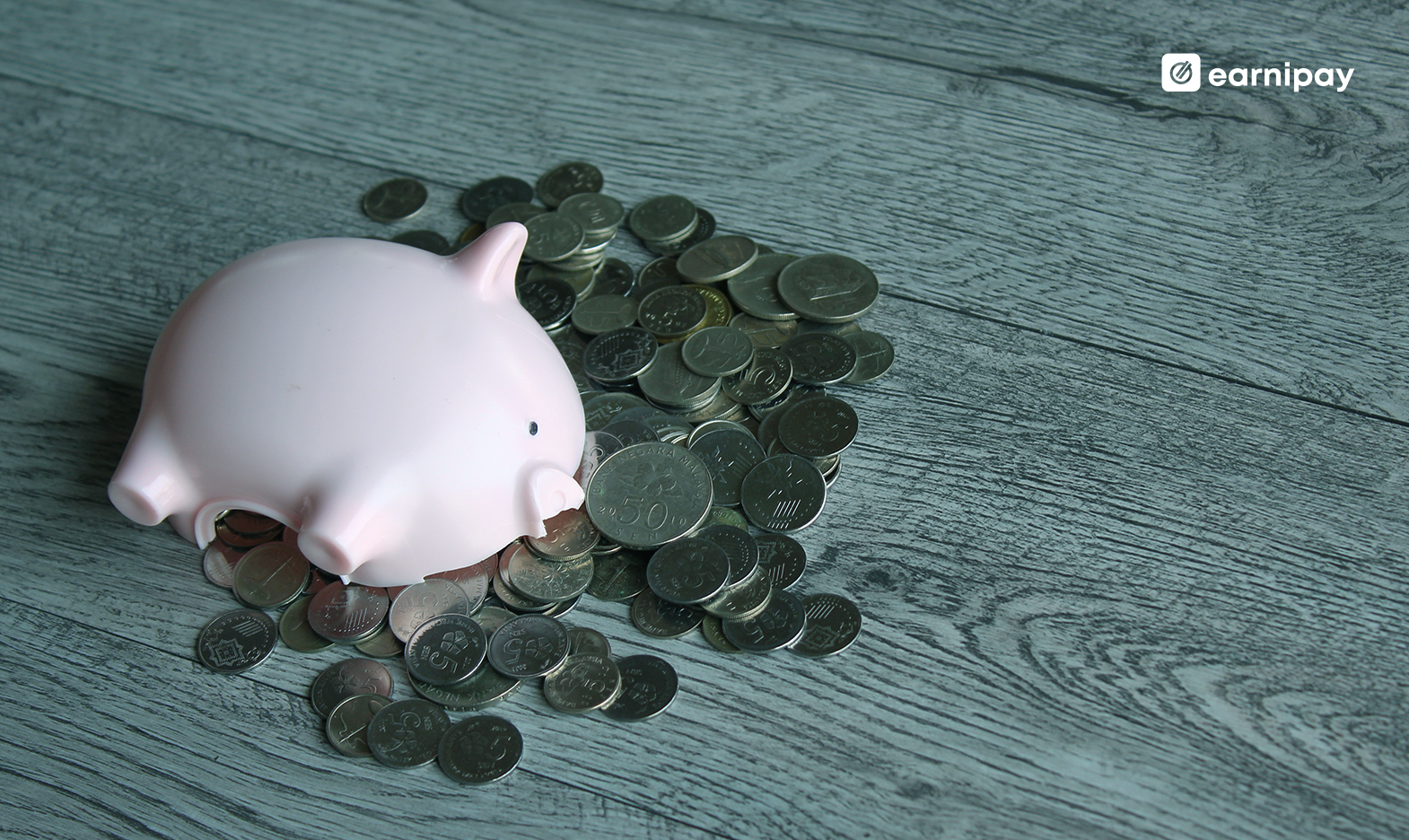As much as we all like to live in the moment, there’s no telling what could happen in the next second. The uncertainties of life are such that we ever can tell how soon emergencies can strike at any time and leave us scrambling for emergency funds to cover unexpected expenses.
How many times have you had to spend on things you’d never thought you’d before stepping out for the day? Odds are, it has happened more times than you can remember. Unfortunately, spending on emergencies isn’t something you can avoid since there’s nothing you can do about it. However, while you can’t determine when, where, or how your emergency needs arise, resolving them is left for you to decide.
One of the most important things you can do to ensure your financial stability is to have an emergency fund. But how do you know when to dip into that rainy day fund amidst ongoing expenses disguised as emergency needs? It’s not always easy to spot emergency expenses. For example, how can some bills be termed emergency bills and others in the exact semblance aren’t termed the same? That’s how dicey determining emergencies as regards finances can be.
No worries, though, as this article will provide insight into the meaning of financial emergencies and how to decide when to touch your emergency funds.
First things first, let’s define what constitutes an emergency.
The Concept Of Financial Emergency
An emergency is any unexpected expense that requires immediate attention, as it is necessary for your health, safety, or well-being. It includes sudden medical or legal fees, a car repair, or job loss.
But let’s be honest, things like a new designer shoe or bag, the latest Apple product, or a last-minute ticket to see your favorite musician perform can be emergencies. All these are, after all, pressing and necessary for you.
However, it’s important to note that there’s a thin line between a genuine emergency and momentary indulgence. An actual emergency need is an expense necessary for your health, safety, well-being, and others. Just because you want that die-minute ticket doesn’t pass it as an emergency need that requires you to dip your hands into your emergency funds.
Now, let’s talk about emergency funds in itself.
What Are Emergency Funds?
An emergency fund is ideally at least three to six months’ worth of your living expenses set aside in a separate savings account or other cash management account that is easily accessible and liquid, which means that — you don’t have to sell anything or contact anyone to access the funds.
An emergency fund isn’t a secret stash of cash; neither is your savings your emergency fund. Instead, think of your emergency fund as your financial safety net. It’s the money you set aside for unexpected and essential expenses only.
The sole aim of having an emergency fund is to enable you to cover your expenses during unforeseen circumstances like a sudden loss of employment, business downturn, unscheduled medical expenditures, or unexpected travels.
You don’t know when events like this will pop up, so it’s imperative to be prepared when they do. But how do you know when to use your emergency fund?
Well, that’s where the art of spotting an emergency comes in. Of course, it’s not an exact science, but there are some signs you can look out for.
How to Know When It’s Time to Dip Into Your Emergency Fund
When taking from your emergency fund, it’s essential only to use it for true emergencies. Remember, this is not your vacation fund or your shopping fund. It is strictly for unexpected health, safety, or well-being expenses.
The first step to take when you want to decide if your current expenses are a genuine emergency that requires you to tamper with your emergency funds is a thorough assessment.
Ask yourself, “Is this expense necessary for my health, safety, or well-being?” If the answer is yes, then it’s likely an emergency. If the answer is no, then it’s time to re-evaluate.
Another critical factor in spotting an emergency is timing. Is the expense something that can wait until your next paycheck? Or is it something that wouldn’t affect your well-being if not gotten? If so, then it’s probably not an emergency. However, it is likely an emergency if the expense requires immediate attention.
Of course, everyone’s situation is different, and what constitutes an emergency for one person might not be the same for another. But by understanding the art of spotting an emergency and knowing when to use your emergency fund, you can be better prepared for whatever life throws.





Leave a Comment